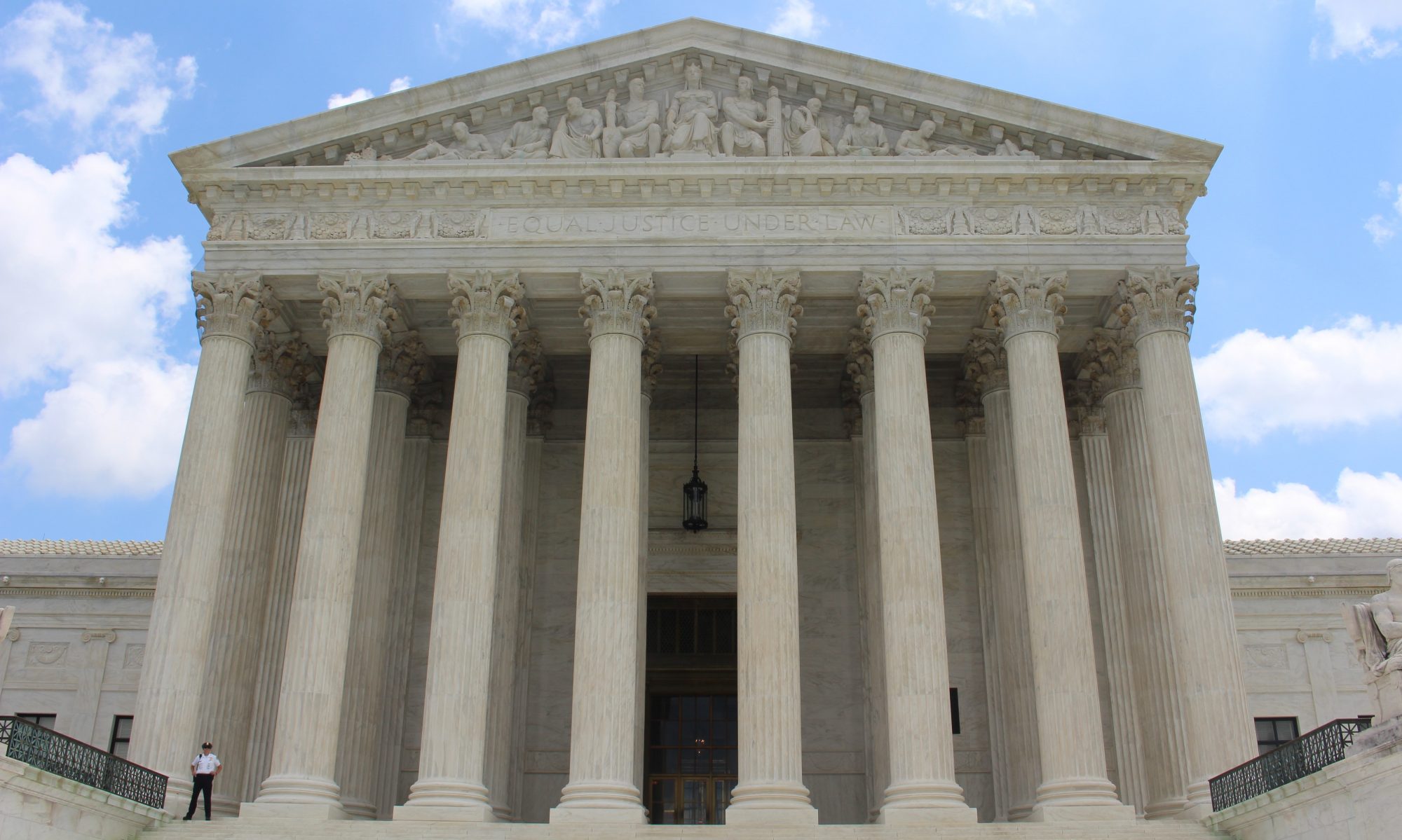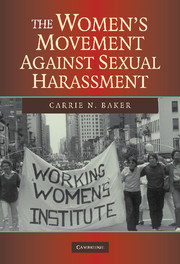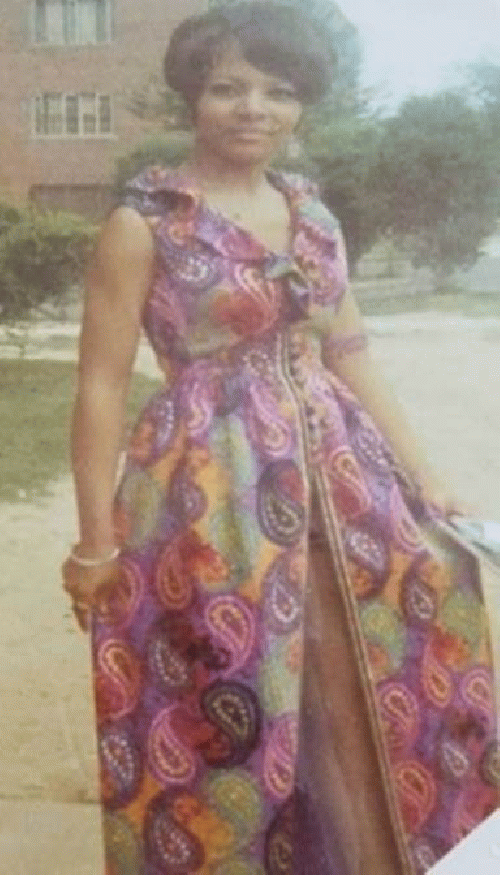Continental Can Co., Inc. v. State, 297 N.W.2d 241 (Minn. 1980)
Continental Can Co., Inc. v. State, 297 N.W.2d 241 (Minn. 1980) was the first coworker harassment case brought by Willie Ruth Hawkins, an African American woman who worked at the Continental Can Company in Eagan, Minnesota.
Starting in December of 1974, three of Hawkins’ white male co-workers repeatedly made explicit, sexually derogatory remarks and verbal sexual advances to Hawkins and touched her sexually. One of her coworkers, Cliff Warling, made racist and sexually abusive comment to Hawkins. Warling and other male coworkers told her that “a female has no business in a factory” and “if a female would work [in] a factory, she has to be a tramp.”
Hawkins repeatedly complained to her supervisor but Continental did nothing. One supervisor told Hawkins that there was nothing he could do and that she had to expect that kind of behavior when working with men. In October 1975, the harassment of Hawkins escalated to physical violence. Warling approached Hawkins from behind while she was bending over and grabbed her between the legs. Hawkins complained immediately, but again Continental did nothing. A few days later, Hawkins’ husband came to the plant and confronted Warling, who denied the incident. When Mr. Hawkins returned later that evening to escort his wife home, they discovered that her car headlights were broken. Relations between the Hawkins and her coworkers deteriorated further, culminating in a coworker threatening Willie Ruth Hawkins with a gun in front of her children.
At that point, the Hawkins solicited the support of New Way Community Center and the Urban League, who threatened boycotts and adverse publicity if Continental did not respond. Continental then suspended two of the harassers and held a plant meeting to inform all employees that Continental would not tolerate verbal or physical sexual harassment and discrimination. Fearing for her safety, Hawkins did not return to work and was later fired. She brought a lawsuit under state law and won, creating a precedent for the important principle that employer tolerance of hostile environment harassment by coworkers was sex discrimination.
Munford v. James T. Barnes & Co., 441 F. Supp. 459 (E.D. Mich. 1977)
Munford v. James T. Barnes & Co., 441 F. Supp. 459 (E.D. Mich. 1977)This case brought by Maxine Munford inspired one of the early statewide campaigns to address the issue of sexual harassment, leading to the passage in 1980 of one of the first and most progressive state laws against sexual harassment.
The Women’s Movement Against Sexual Harassment (Cambridge University Press)
The Women’s Movement Against Sexual Harassment examines how a diverse grassroots social movement created public policy on sexual harassment in the 1970s and 1980s. The collaboration of women from varying racial, economic, and geographic backgrounds strengthened the movement by representing the perspectives and activism of a broad range of women. Based on interviews and voluminous original research, this book is the first to show how the movement against sexual harassment fundamentally changed American life in ways that continue to advance women’s opportunities today.
New York Times Retro Report: “Why Hasn’t Sexual Harassment Disappeared?”
This 11-minute documentary gives a short history of sexual harassment.
Barnes v. Costle, 561 F.2d. 983 (D.C. Cir. 1977)
Paulette L. Barnes v. Douglas M. Costle, Administrator of the Environmental Protection Agency, 561 F.2d 983 (D.C. Cir. 1977), the first successful appellate court sexual harassment case.
Corne v. Bausch and Lomb, 390 F. Supp. 161 (D. Ariz. 1975) (1975)
Tomkins v. Public Service Elec. & Gas Co., 422 F. Supp. 552 (D.N.J. 1976)
Feminist lawyer Nadine Taub represented Adrienne Tomkins in one of the earliest sexual harassment cases, Tomkins v. Public Service Elec. & Gas Co., 422 F. Supp. 553 (D.N.J. 1976). Tomkins won on appeal and eventually settled the suit for $20,000.
Henson v. City of Dundee, 682 F.2d 897 (11th Cir. 1982).
Henson v. City of Dundee, 682 F.2d 897 (11th Cir. 1982) established the prima facie case for sexual harassment under Title VII.
Williams v. Saxbe, 413 F. Supp. 654 (D.D.C. 1976)
Diane Williams made history with her groundbreaking case in 1976, Williams v. Saxbe, 413 F. Supp. 654 (D.D.C. 1976), the first successful sexual harassment case.
Diane Williams, photograph by Kyle White.
For more about her life, see here.


